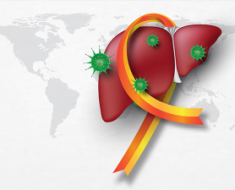A low-cost, prenatal intervention benefits mothers’ mental health up to eight years later, a new UC San Francisco study finds.
In the study, one of the first to look at outcomes so far into the future, pregnant women who participated in a group wellness class that met weekly for eight weeks were half as likely to be depressed eight years later compared to women who received standard care, according to the study published in the Journal of Consulting and Clinical Psychology.
Previous research on the same group of women found the intervention also cut their short-term risk of depression and diabetes, and supported healthier stress responses in their children.
“Given the economic and social burden of maternal depression and its potential impact on offspring, our findings suggest a meaningful benefit of a modest investment during pregnancy that supports well-being across two generations,” said Danielle Roubinov, PhD, UCSF assistant professor of psychiatry and first author of the study.
The eight-week class intervention, led by Elissa Epel, PhD, UCSF professor of psychiatry and her team, involved groups of eight to 10 pregnant women who met for two hours a week to practice mindfulness-based stress reduction exercises, focusing especially on mindful eating, breathing and movement. They were led through group lessons and activities by a master’s degree-level health professional. The women also received two phone sessions and a postpartum “booster” group session with their infants.
BIPOC Study Participants Were Priority
Historically, most studies on prenatal depression have comprised primarily white women — but not this one, noted Nicki Bush, PhD, professor of pediatrics and psychiatry at the UCSF Weill Institute for Neurosciences and senior author on the study.
Source: Read Full Article





